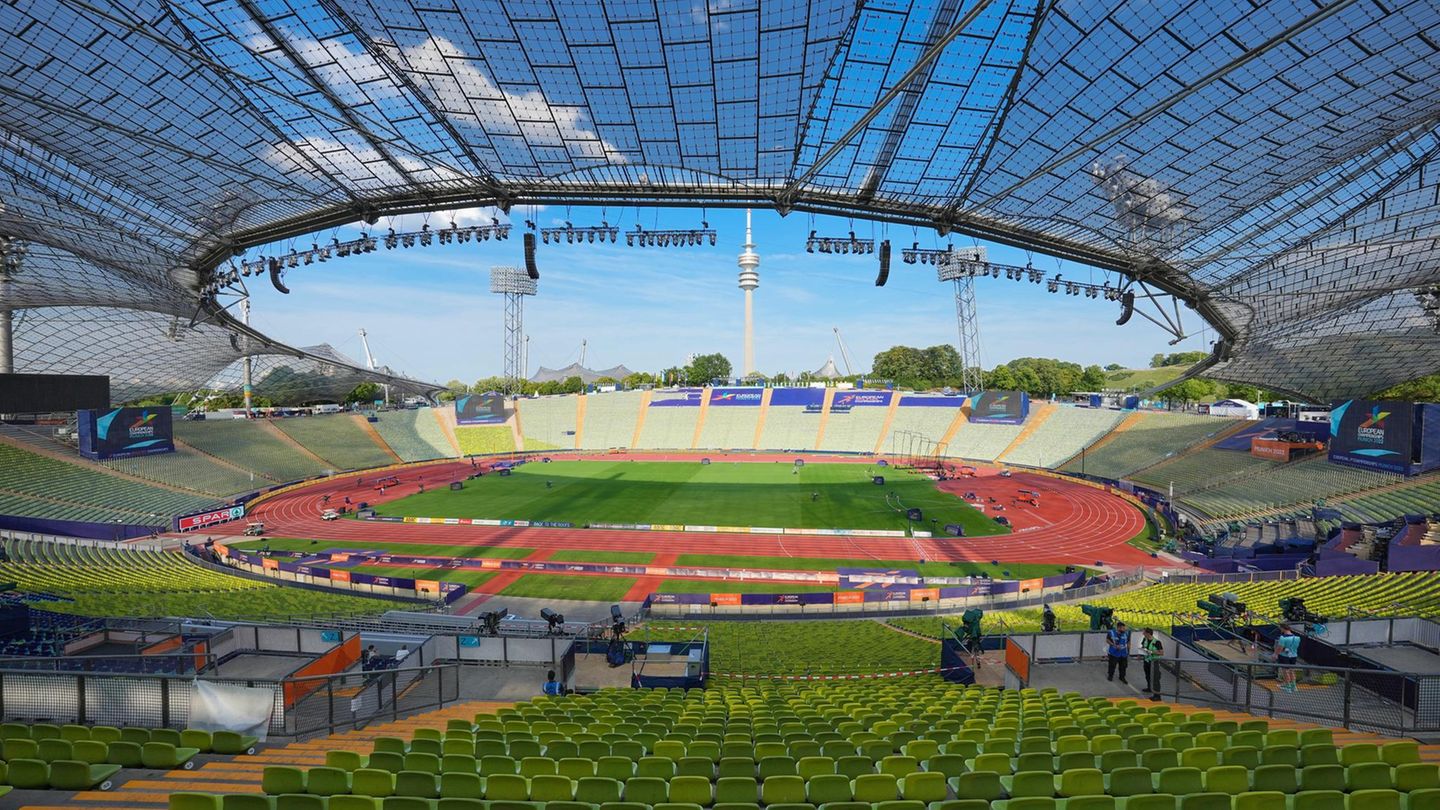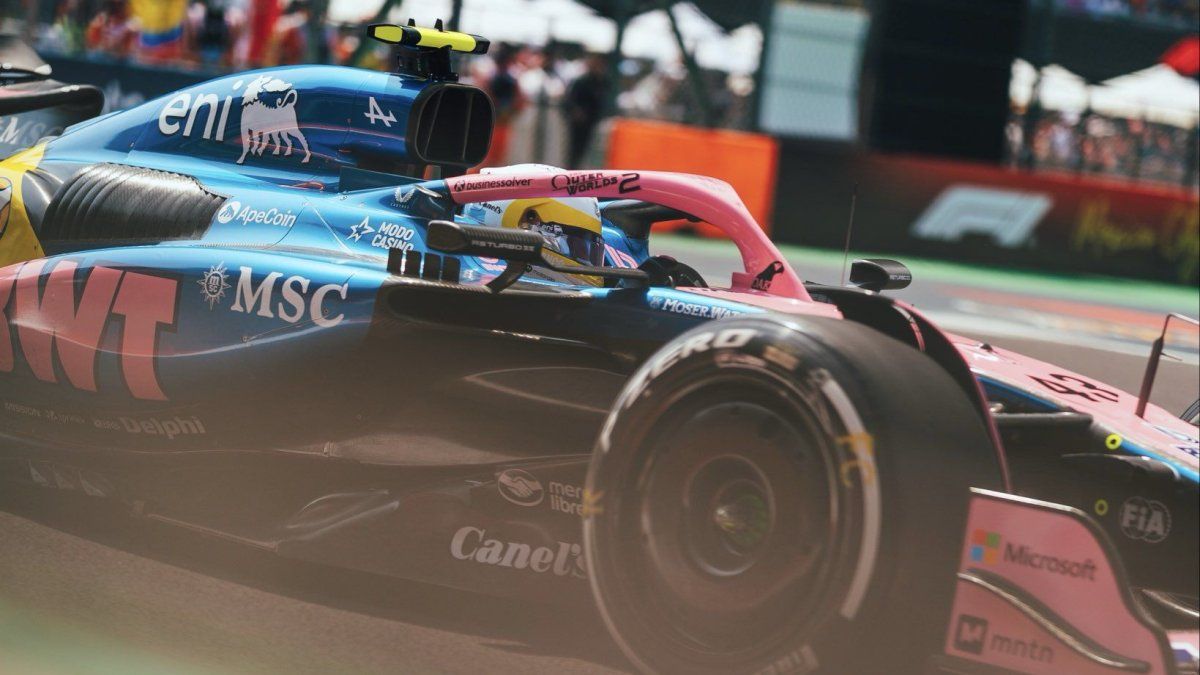Was the Hamas leader deliberately killed in the Lebanese capital? Concerns about an escalation of the conflict between Israel and Hezbollah amid the Gaza war are increasing.
It is a clear escalation in an already extremely dangerous situation: the second highest leader of the Islamist Hamas abroad, Saleh al-Aruri, was killed in an explosion in Beirut. The German Press Agency learned this from Hezbollah circles. The Hezbollah-affiliated Al-Manar television station also reported that the deputy head of the Hamas politburo was dead.
In addition to a leader, two other high-ranking members of the Islamist organization were also killed, according to a television station close to Hamas. These are the commanders Samir Fandi Abu Amer and Assam al-Akra Abu Ammar of the group’s armed wing, as the TV station announced. Hamas itself said two leaders of its Qassam brigade were killed. It also confirmed the death of one of its leaders, Hamas politburo deputy head Saleh al-Aruri. A total of six people were killed, the state news agency NNA reported.
The explosion occurred outside a Hamas office in a southern district of Beirut that is considered a stronghold of the Iranian-backed Hezbollah. The exact reasons behind the explosion initially remained unclear. However, suspicions quickly arose that it could be a targeted killing – presumably by Israel’s army or on Israel’s behalf. Israel’s military did not comment on the reports when asked.
With Al-Aruri’s death, Hezbollah moves one step closer to a major military confrontation with Israel’s army. Since the beginning of the Gaza war, there have been increasing fighting between the two near their shared border – probably the most serious since the second Lebanon war in 2006. According to Israeli media, the army is prepared for all scenarios after the incident in Beirut, including shelling with longer-range missiles from Lebanon. Hezbollah is considered to be far more powerful than Hamas.
Lebanese military expert and former general Chalil Hilo described the situation as “very dangerous.” Hezbollah will not tolerate an attack in its stronghold in Beirut. There could be indications of this on Wednesday – in a speech planned for the evening by Hezbollah boss Hassan Nasrallah.
Al-Aruri, whom Israel saw as the mastermind of attacks in the West Bank, had long been considered a possible target. He is said to have been responsible for the activities of the Hamas military wing in the West Bank. Israel and Hamas exchanged threats in the summer – even before their ongoing war began. Israel’s Prime Minister Benjamin Netanyahu said that Al-Aruri “knows very well why he and his friends are in hiding.”
Talks about releasing hostages paused
Al-Aruri’s death represents a setback for efforts in the Gaza war to achieve a renewed ceasefire or the release of hostages. The Haaretz newspaper reported, citing Arab diplomats, that the talks had come to a standstill as a result of the “assassination attempt”. Al-Aruri himself is said to have been one of the negotiators for the release of hostages held by Hamas last month.
Eyewitnesses said a building was hit by a drone attack, as well as a car from which civil guards pulled a charred body after the fire. Parts of a building were completely destroyed after the explosion. Lebanese media reported that Al-Aruri was killed in an apartment. Hamas sources said a Palestinian group had held a meeting in the area that evening.
Videos after the explosion showed at least one car burning near a busy street. Ambulance sirens could also be heard. White smoke rose above the area and there were shards of glass on the street. Soon, hundreds of Hezbollah supporters gathered nearby. Demonstrations broke out in a Palestinian refugee camp in southern Lebanon.
The Washington Post, citing an anonymous source in US defense circles, reported that the Israeli military was responsible for the attack in Beirut.
Likud member congratulates
Danny Danon, a senior member of Netanyahu’s Likud party, congratulated Israel’s military, intelligence and security forces on the killing of Al-Arouri. Israel’s cabinet secretary reportedly banned ministers from commenting on the incident. Right-wing finance minister Bezalel Smotrich wrote on X: “All your enemies will perish, Israel.” Israel had previously targeted all Hamas members who were involved in planning the October 7 massacres – regardless of their location.
Lebanese caretaker Prime Minister Najib Mikati spoke of an “Israeli crime that definitely wants to lead Lebanon into a new phase of confrontations.”
Iran’s foreign ministry spokesman Nasser Kanaani blamed Israel for the death of the Hamas representative and condemned the alleged attack. It was “the result of desperation and a serious and irreparable defeat against Palestinian resistance groups,” said Kanaani, according to a statement from his ministry. Kanaani also called for a response from the UN Security Council.
In contact with the Hezbollah chief
Al-Aruri was reportedly 58 years old and spent a total of 12 years in Israeli prisons before his release in 2010. He enjoyed privileges as an interlocutor for Hezbollah leader Nasrallah, who rarely appears in public. Israel’s army destroyed Al-Aruri’s home in the West Bank at the end of October.
The explosion occurred on the eve of the third anniversary of the killing of General Ghassem Soleimani of the Iranian Revolutionary Guard Corps (IRGC). The USA killed him in a drone strike in Iraq in 2020. Nasrallah’s speech on Wednesday was announced on the anniversary of Soleimani’s killing. Recently, senior Iranian general Sejed-Rasi Mousavi was killed in a suspected Israeli airstrike in Syria.
Source: Stern
I have been working in the news industry for over 6 years, first as a reporter and now as an editor. I have covered politics extensively, and my work has appeared in major newspapers and online news outlets around the world. In addition to my writing, I also contribute regularly to 24 Hours World.




